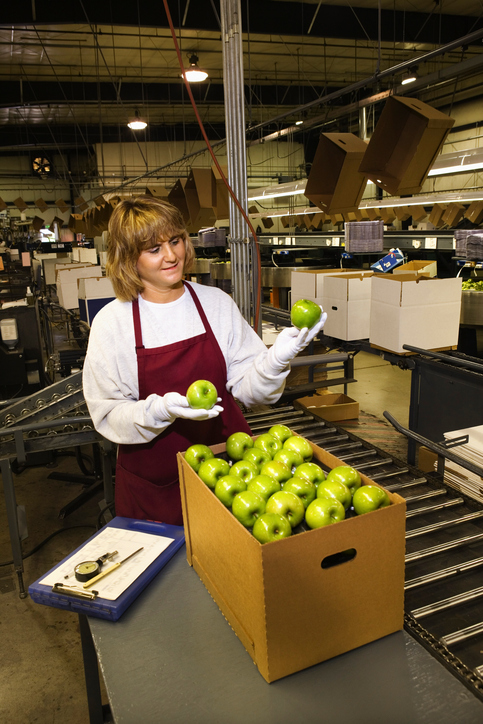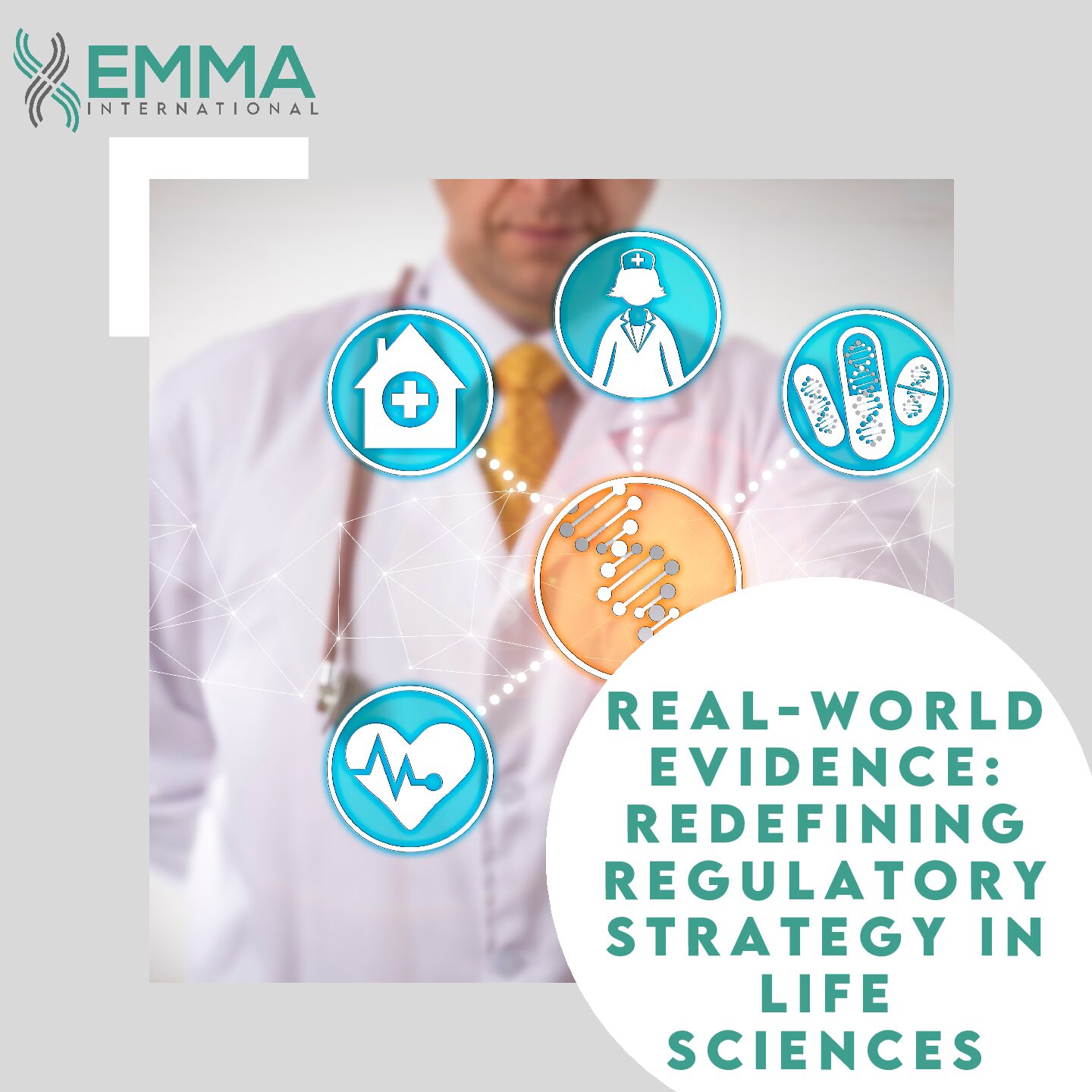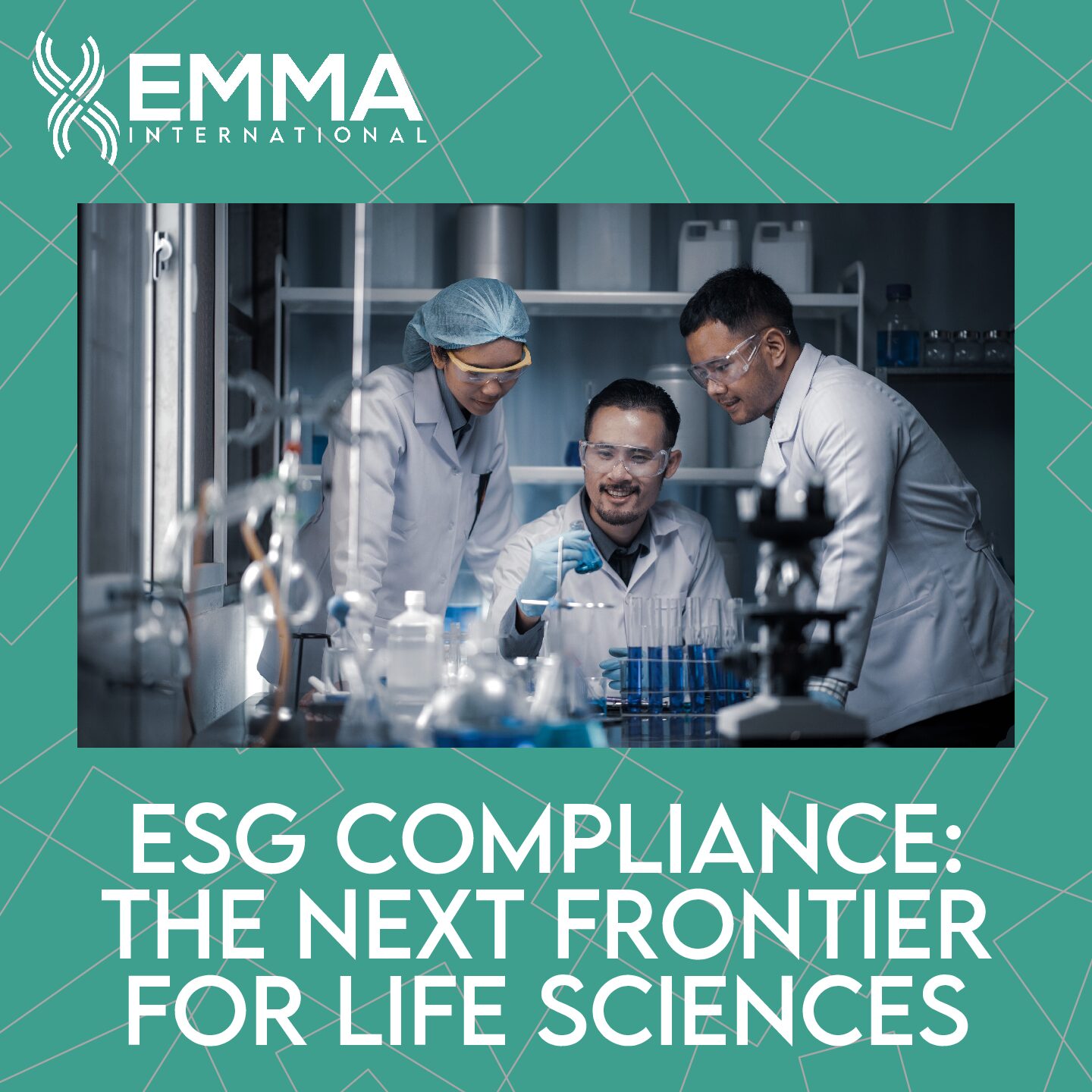What is FSMA?
The FDA Food Safety Modernization Act (FSMA) was signed into law by President Barack Obama in 2011. This enables the Food and Drug Administration (FDA) to provide oversight, ensure compliance with requirements, and respond effectively to problems. FSMA also enables the FDA with new tools. A mandated, risk-based inspection frequency is now established for food facilities. This gives the FDA international reach. After one year of enactment, the FDA must inspect at least 600 foreign facilities, and double those inspections every year for the subsequent five years. In addition to this, the FDA will have access to records, including food safety plans. All food testing is now carried out by accredited labs.
Problems with FSMA
While the FDA’s responsibilities have increased, funding has not. FSMA’s enactment would require an initial $583 million boost in spending. As of the 2016 Fiscal Year, Congress’ new budget would allocate $104.5 million which would only reduce the gap to $172 million. Currently, President Trump’s budget included an increase of $25.3 million to the FDA. Simply put, the resources are not there. Even if adequate funding were available, the FDA was engaged in other activities the past year that prevented them from doing the required amount of inspections. For instance, responding to food recalls and collecting food samples.
How You Can Comply
FSMA inspections do not just affect food companies. Large retailers, food transporters, food processors and their suppliers are all under the scope of FSMA. If a business falls into one of these categories, there are steps to take to reach compliance. The first step in compliance would be designation of a FSMA Qualified Individual, FSMA Auditor, and Sanitation Manager. Ensure these individuals have been trained in risk-based preventative controls. Then, determine what FSMA rules apply to the facility. If a rule does not apply, that needs to be justified in the food safety plan. Once a team is established, any potential hazards must be identified and evaluated. These hazards can be biological, pertaining to sanitation, transportation, raw materials and equipment. Some hazards can be specific to the facility, such as the grounds, structure, cleanliness of non-contact surfaces, plumbing and HVAC sanitation, and proper labeling and storage of non-food chemicals. The supply chain can contain hazards, too. Are the suppliers’ facilities routinely audited? Have they implemented preventative controls? FSMA preparation does not end here. For a business or company to be successful, employee involvement from the c-suite extending to departments company-wide needs to occur, so participation at all levels can take place. As FSMA evolves, long-term learning and ongoing awareness is a must.
Businesses are not alone in this process. EMMA International can help guide you through meeting FSMA guidelines and requirements, and maintain your compliance as the law evolves. Meeting FSMA requirements will help businesses remain trustworthy in the eyes of the FDA and, importantly, their customers.
Have a question that wasn’t answered here? Give us a call at (248) 987-4497 or email info@emmainternational.com.





